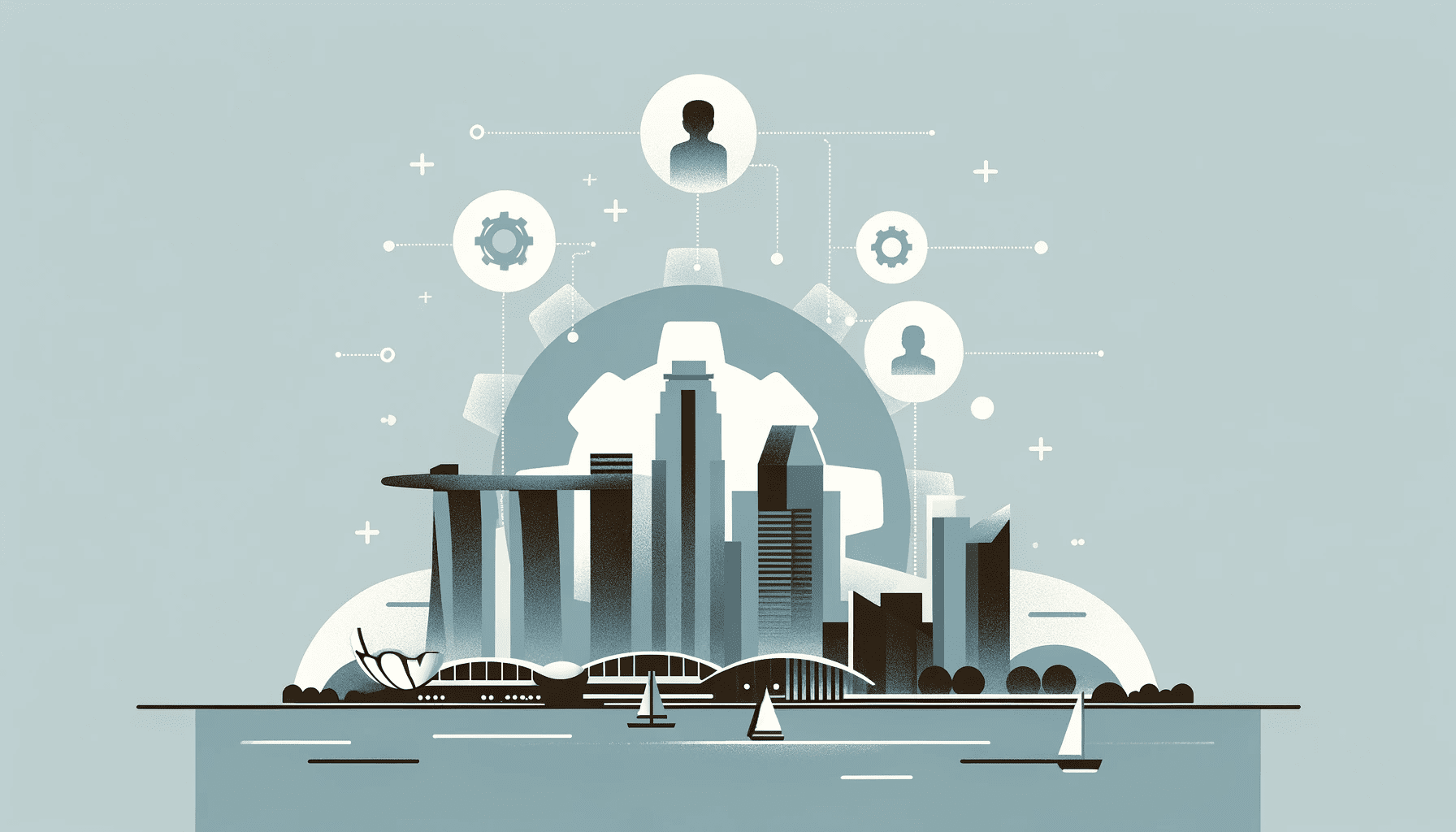The human resource department of any company has always had a bit of a reputation problem. Ask around and you’ll hear things like “HR is just there to protect the company” or “HR never responds when you need them.” It’s not that the people behind HR don’t care, far from it, but the manual, paper-heavy processes and inconsistencies in how things are handled often make HR feel less accessible and, frankly, less fair.
But that’s starting to change. Enter HR automation, a game-changer that’s quietly transforming how businesses operate behind the scenes. We’re not just talking about robots replacing jobs or chatbots answering your leave request. We’re talking about real, meaningful changes that could reshape the entire employee experience, especially when it comes to transparency and fairness.
1. Consistent Application of Rules and Policies
One of the biggest sources of workplace frustration is inconsistent policy enforcement. Ever felt like someone else got special treatment when applying for leave, a promotion, or flexible hours? That’s often because decisions are made manually, and manual processes can be, well, messy.
With HR automation, many of these processes are standardised. For instance:
- Leave approvals are based on clear criteria programmed into the system.
- Payroll is calculated automatically, reducing errors or favouritism.
- Performance reviews can follow a fixed structure, eliminating bias based on who’s writing the review.
When the rules are applied the same way every time, employees are more likely to trust the system and each other.
2. Greater Transparency in Performance Reviews
Let’s be honest: traditional performance reviews often feel like a black box. You sit through one once or twice a year, maybe get a rating, some feedback, and then… that’s it. You don’t always know how your performance was measured or how it compares to others. It can feel incredibly subjective.
Automation can change this by:
- Tracking progress on set goals throughout the year.
- Collecting feedback from multiple sources (not just your manager).
Making data-driven decisions rather than relying on vague impressions.
It doesn’t remove the human element, your manager still plays a key role but it adds structure and documentation. This way, feedback feels less like a surprise and more like an ongoing, fair conversation.
3. Faster, Fairer Hiring Processes
Hiring is another area where automation is making a real difference. In many organisations, unconscious bias still creeps into hiring decisions. That’s why the idea of AI or automation in recruitment is so powerful when done ethically, it can actually reduce bias.
Here’s how:
- Resume screening tools can focus on skills and qualifications rather than age, gender, or background.
- Chatbots can help ensure every candidate gets the same questions and experiences.
- Interview scheduling and communication can be handled quickly and efficiently, reducing wait times and ghosting.
Of course, human judgment still matters. But automation can act as a filter that helps reduce bias and improve fairness right from the start.
4. Improved Access to HR Services and Information
Ever had a simple HR question and no idea who to ask? Or did you wait days for a reply to your leave application or payslip request? These seemingly small delays add up and can create a sense of frustration and disconnection.
Automated HR platforms solve this by offering:
- Self-service portals where employees can access payslips, contracts, and policies anytime.
- Automated responses for routine questions (like leave balances or benefit eligibility).
- Real-time updates on requests, so you’re never left in the dark.
This kind of access empowers employees, making HR feel less like a gatekeeper and more like a helpful partner.

5. Data-Driven Decisions for a Fairer Workplace
With automation comes data, and with data comes insight. When HR systems automatically track key metrics like pay, promotions, turnover, and employee satisfaction, it becomes easier to spot patterns.
Is one department seeing higher turnover than others? Are certain groups being promoted less often? Is there a pay gap that needs addressing? Automated systems can surface these trends early, allowing companies to take action before problems escalate.
In the past, this kind of analysis was time-consuming and often overlooked. But automation puts it front and centre, helping leaders make informed, fair decisions.
6. Less Emotional Burnout for HR Teams
Here’s something people often forget: HR professionals are human too. When they’re buried under mountains of admin work, it’s hard for them to focus on the parts of their job that really matter, like listening, resolving conflicts, and supporting employee wellbeing.
Automation handles the repetitive stuff, think data entry, onboarding forms, timesheet reminder,s so HR teams can actually spend time with people, not paperwork. And when HR has more time and mental space, they’re better able to handle issues with empathy and fairness.
But What About the Risks?
Of course, automation isn’t a silver bullet. There are valid concerns, like the potential for AI systems to reinforce existing biases if not properly monitored. That’s why it’s so important for organisations to build transparency into the tech itself.
This means:
- Clear communication with employees about how data is used.
- Giving employees access to their own records.
- Regular audits of automated systems to check for unintended bias.
When done right, automation enhances human fairness rather than replacing it.
Final Thoughts: A More Human Workplace, Powered by Tech
It might sound ironic, but automation could be the very thing that helps HR become more human. By cutting out inefficiencies, reducing bias, and making policies clearer, HR automation gives people what they’ve always wanted from the workplace — fairness, clarity, and trust.
In a world where employees are increasingly asking for transparency and respect, automation isn’t just a tool — it’s an opportunity to rebuild how we think about work. Not as a hierarchy of gatekeepers and paperwork, but as a shared space where every person feels seen, heard, and treated with fairness.
And if that’s what HR automation can help us achieve, then it’s not just smart business — it’s progress.











